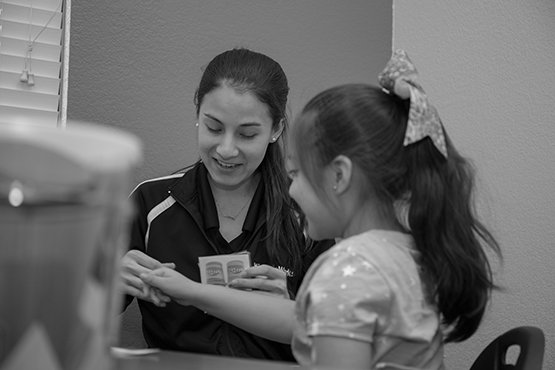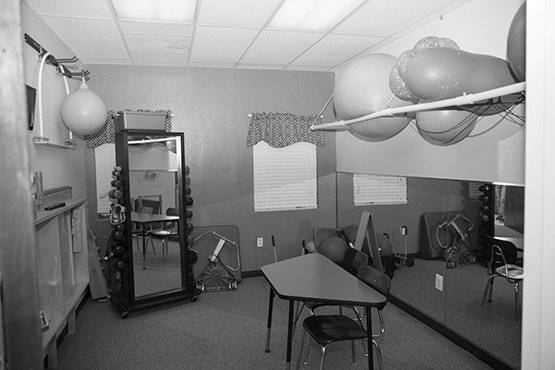Does My Child Have Autism?
Autism is a common condition that can be treated when it is detected at its earliest stages. Diagnosing a child with autism cannot be done with blood work and/or a physical examination. Rather, a doctor or health care practitioner will look for the typical signs of autism. Autism does not affect the child’s physical appearance. In order to diagnose a child with autism, he or she must demonstrate some of the most common behavioral signs of autism but are not limited to the following:
- Social Interaction
- Avoids eye contact, poor use of facial expressions, odd body orientation during social interaction and minimal to no use of gestures to regulate social interaction
- A lack of spontaneous seeking to share enjoyment, interests, or achievements with others (for example, the child does not bring things to show his parents)
- A lack of social or emotional reciprocity (for example, the child does not participate in simple social games, such as “peek-a-boo”)
- Communication
- Delay of spoken language (for example, lack of or loss of previous spoken language)
- Impairment in the ability to initiate or sustain a conversation with others
- Stereotyped, non-functional, and repetitive use of language (for example, the child may say words or phrases out of context)
- A lack of varied, spontaneous make-believe play or social imitative play appropriate to developmental level
- Behavior and interests
- Preoccupation with inappropriate use of toys or materials
- Follow nonfunctional routines or rituals (as in insisting on following a particular route or drinking from a particular cup)
- Difficulty transitioning from one location to another or from a preferred to a non preferred activity
- Persistent preoccupation with nonfunctional parts of objects (focusing on a wheel or door of a toy car as opposed to playing with the toy car)




